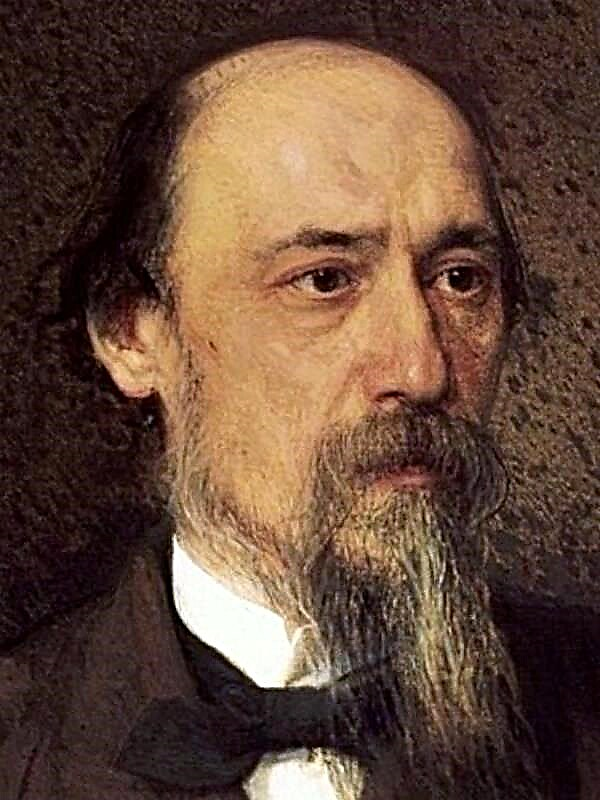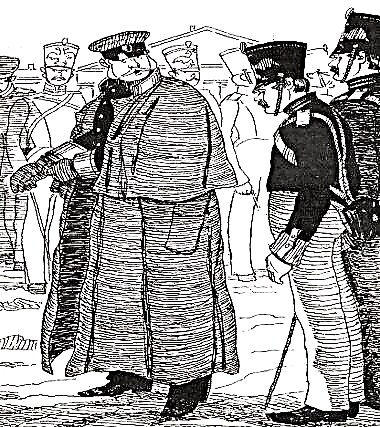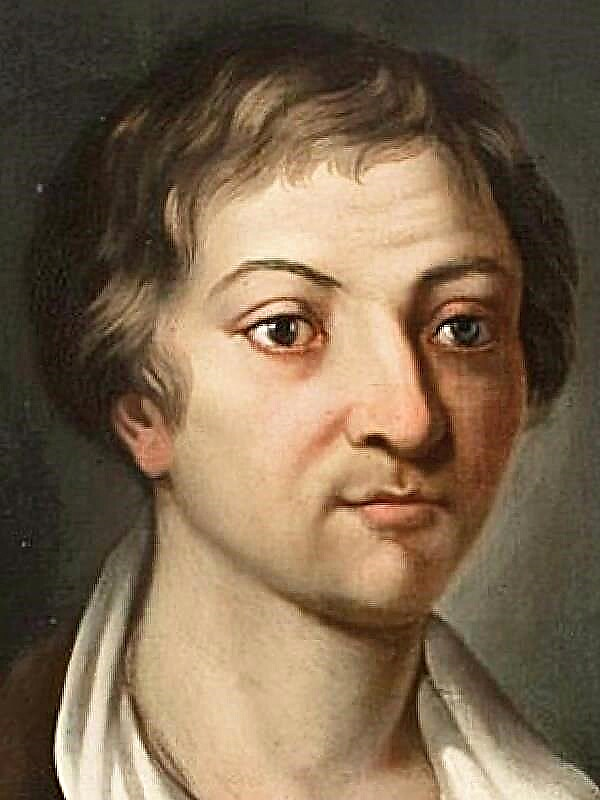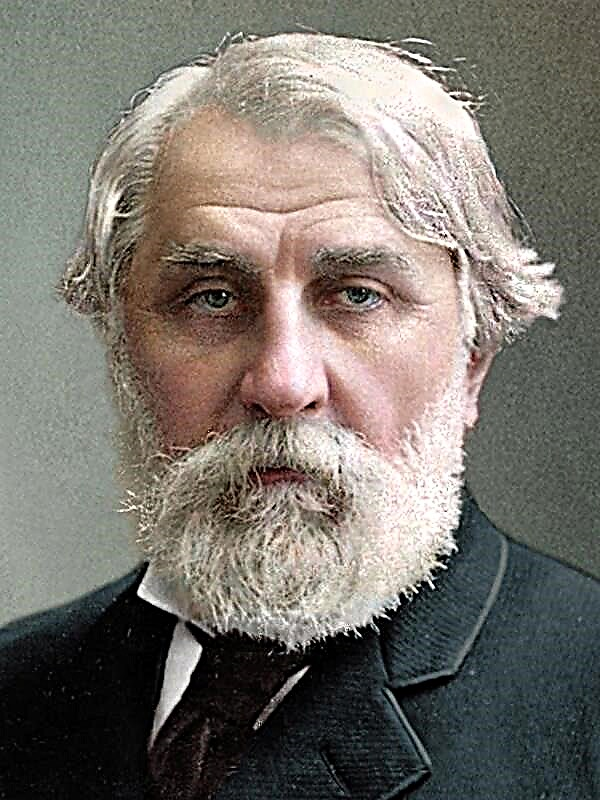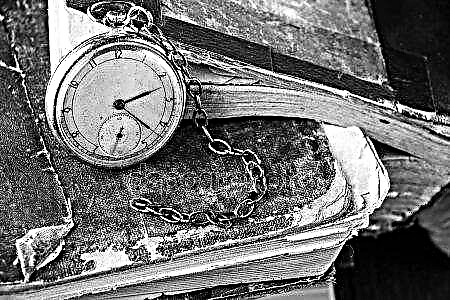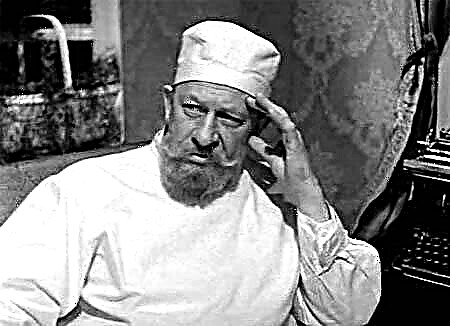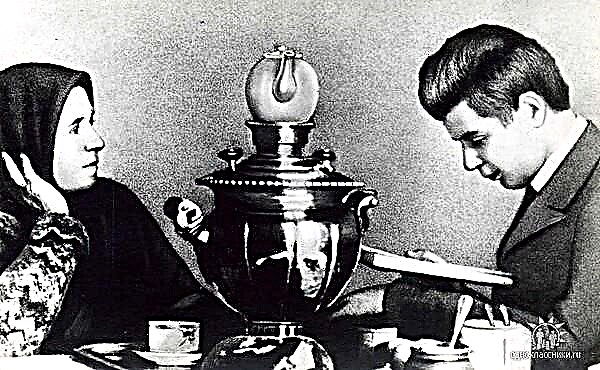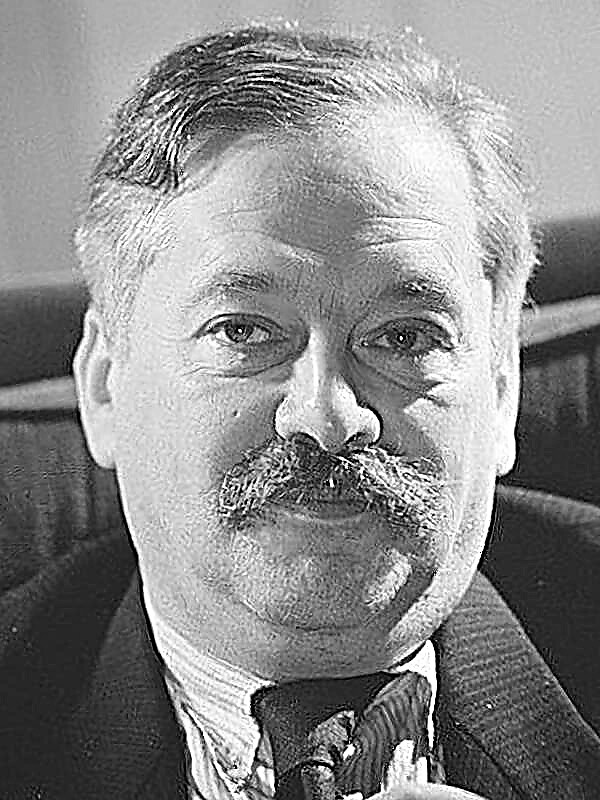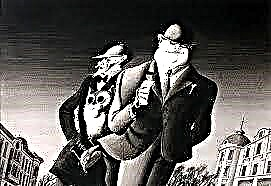The famous poet of the 19th century F. Contemporaries knew him as an excellent diplomat, publicist and poet and lyric poet.
The childhood of the poet
Tyutchev was born in the city of Orel, who gave the world such people as Andreev, Fet, Turgenev, Bunin, in 1803. His parents are hereditary nobles.
I grew up with an educated child, because my parents paid a lot of attention to this and generously paid for their studies. For example, young Tyutchev was taught by the then-famous writer Raich, later he became a mentor and friend of the young man.
As a result - to his incomplete 12 years, the poet mastered Latin, and then - in French. A year later, he becomes an ambassador serving in major foreign cities in Europe.
Youth F.I. Tyutcheva
Tutchev spends his youthful years in Moscow. There, he carefully studies the theory and foundations of poetry, listening to lectures about this. Tyutchev made his debut there, when Professor Merzlyakov read his work "The Nobleman."
Having entered the verbal department of Moscow University in 1819, he graduated in 1921 as a candidate of sciences. Being a very capable and intelligent person, he enters the State Collegium of Foreign Affairs, from where he leaves for Munich.
He then did not seriously think about the poetic field, he built a career that he did. In Munich, he meets Heine and Schiller, Schelling. The views and reasoning of the latter have a great impact on the worldview of young Tyutchev. In literary communities, Schelling is known as a very versatile person.
The literary work of the poet
Initially, only relatives and friends knew about Tyutchev's poem. He devoted much more time to translations and to writing various articles.
However, with the active assistance of Vyazemsky and Zhukovsky, Tyutchev’s poems fall into the “sun of Russian poetry”, Alexander Pushkin. Then, in the issues of Sovremennik, 16 and then 8 of Tyutchev’s poems are published immediately. But they do not use success, no one responded to them. After Tyutchev returned to Russia, his works are not printed at all.
But after the change of the editorial board of Sovremennik in 1850, an article with all the previously published verses of Tyutchev comes out. And after 4 years, when he was 50 years old, the first collection with his poems was published. For that time, this case was an isolated one.
In fact, Tyutchev's poetry can be divided into three types:
• Imitation, young years.
• The manifestation of distinctive and characteristic features inherent directly to Tyutchev. Romantic works.
• After 50 years, the theme of works goes to political processes.
However, at the same time, in the late period, the so-called “Denisievsky cycle” was written, dedicated to his wife Elena Denisieva, in which he told about the difficult story of their love and the death of his beloved from consumption.
Personal life
The personal life of the poet was very diverse. Being a man amorous and windy, he often cheated on his women, whom he had a lot. He devotes some of them to touching and sensual poems.
For example, to his German young lover, whose parents refused to marry, he devoted the work “Your sweet eyes, innocent passion is full”, and much later - “I remember the golden time” and “K. B. "
He dedicated the work “Still languishing with longing for desires” to his first wife, Eleanor Peterson, with whom he lived for 12 years and from whom he had three daughters. She, being a support for her husband, hard endured his betrayal, once almost committing suicide. She dies from an illness before she reaches the age of 40. On the night of the funeral, Tyutchev turned gray.
Also, the beauty of all Munich Ernestin Dernberg was in love with the poet. He became interested in her while he was still married. A strong emotional connection arose between them, because of which she went after him to Turin. The work “I Love Your Eyes, My Friend” is dedicated to her. Then he makes her an offer.
In total, Tyutchev had 9 children.
Probably, the reason for debauchery lies in the genes - his mother is a relative of Leo Tolstoy, who is known for his liberties with respect to the female sex.
Last years of life
In the beginning of the 70s of the 19th century, Tyutchev's health cringed. First, the left arm is taken away, vision deteriorates, then it was partially paralyzed on January 1, 1873. He lived until July of that year, died in Tsarskoye Selo.

